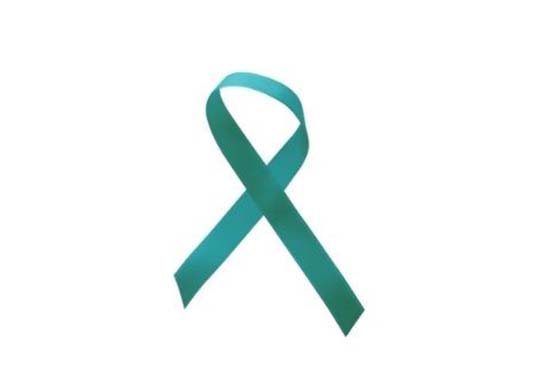HPV Roundtable forum held during Cervical Cancer Awareness Month
January is Cervical Cancer Awareness Month, a time to encourage regular screenings. It is also a time to remember that cervical cancer is one of the few you can vaccinate against.
The human papillomavirus (HPV) vaccine can reduce cervical cancer by nearly 90% and is recommended to be given to young people before they become sexually active—which is when HPV, the most common sexually transmitted infection, is spread.
The Centers for Disease Control reports that 9 out of 10 cervical cancers are caused by HPV, making it one of the most preventable cancers.
Julie Dang is executive director of the UC Davis Comprehensive Cancer Center Office of Community Outreach and Engagement. She’s also co-chair of the California HPV Vaccination Roundtable’s Engaging Health Systems and Providers Workgroup, which is launching “The HPV Vaccination Learning Collaborative.”
The virtual lunchtime learning forums will be held quarterly. Health care professionals can register here for the free events that start on January 19, 2022.
“HPV vaccination rates are down due to the COVID-19 pandemic and we are concerned this is putting young women and men at risk of developing HPV-related cancers,” said Dang. “We hope this series of open forums will help educate and allow us to share best practices.”
Cervical cancer used to be one of the most lethal cancers facing women, but the death rate fell after Pap tests became routine in the early 1940s. If detected early, cervical cancer continues to be a successful cancer to treat.
In recent years, an HPV test was approved as another screening test of cervical cancer. The HPV test looks for infection by high-risk types of HPV that are more likely to cause pre-cancers and cancers of the cervix. The HPV test can be used alone (primary HPV test) or at the same time as the Pap test (called a co-test).
In 2020, the American Cancer Society updated its guidelines for cervical cancer screening. The new guidelines recommend people with a cervix who are aged 25 to 65 years with an average risk for cervical cancer get an HPV test every five years. Co-testing that combines an HPV test with a Pap test every five years is another option. If no HPV test is available, a Pap test alone should be done every three years.






